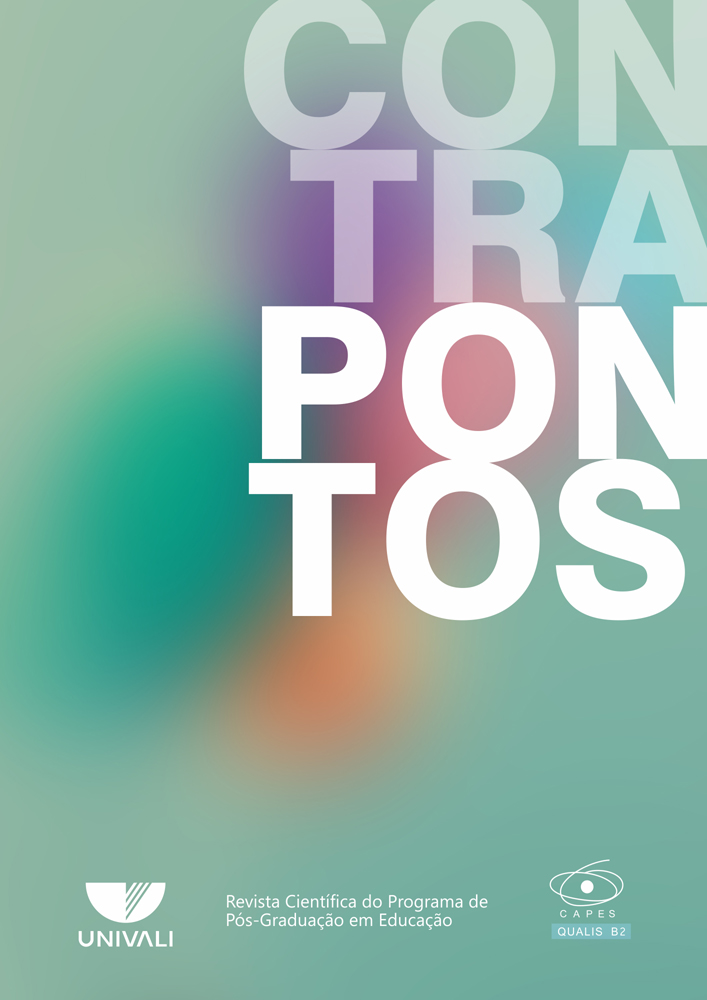HUMAN BODY - ANIMAL BODY OR “WHAT DOES THE IMPORTANCE GIVEN TO ANIMALS TELL US ABOUT PEOPLE?”
DOI:
https://doi.org/10.14210/contrapontos.v22n1.p45-60Keywords:
animalidade – corpo – ensino de ciências e de biologia – empacotamentoAbstract
This essay discusses the approach of two biologists, acting as teachers in the field of science and biology teaching, to the field of animality. Here it is understood not only in the sense of problematizing the centrality of animals in their relationships with us – human animals –, but, above all, in the sense of emphasizing that the way we treat animals exposes multiple issues about the way we treat other humans. In this sense, a part of the proposed discussions by this field of studies is specifically concerned with the other in the relationship of human animals among themselves and, especially, these with non-human animals, seeking to stress how different hierarchies are constituted. In this first approach, we ask more questions and make more juxtapositions with the field of biology, science and biology teaching, with the body (human and animal) and also with biopolitics and necropolitics than giving answers, even if provisional. This, in the sense of tracing a possible theoretical-methodological path that allow us, in the next steps, to incorporate the theme of animality into the education of science and biology teachers and, perhaps, to map some of its effects. The text An uneasy assemblage: prisoners, animals, asylum-seeking children and posthuman packing, by Jane Bone and Mindy Blaise (2015), is presented more extensively in order to establish some possible points for such approximation. Based on that, we have traced some possible tensions in the current Brazilian socio-political context.
Downloads
Published
Issue
Section
License
Copyright (c) 2022 Revista Contrapontos

This work is licensed under a Creative Commons Attribution 4.0 International License.
Upon acceptance of an article, the author gives full rights of the work to Contrapontos., but retains the authorship. The published work is considered collaboration. Thus, its author will not get paid nor will s/he be charged by Contrapontos. The responsibility of the article solely goes to the authors. Citations and transcriptions are allowed by mentioning the sources.
Â

This work is licensed under a Creative Commons Attribution 4.0 International License.

